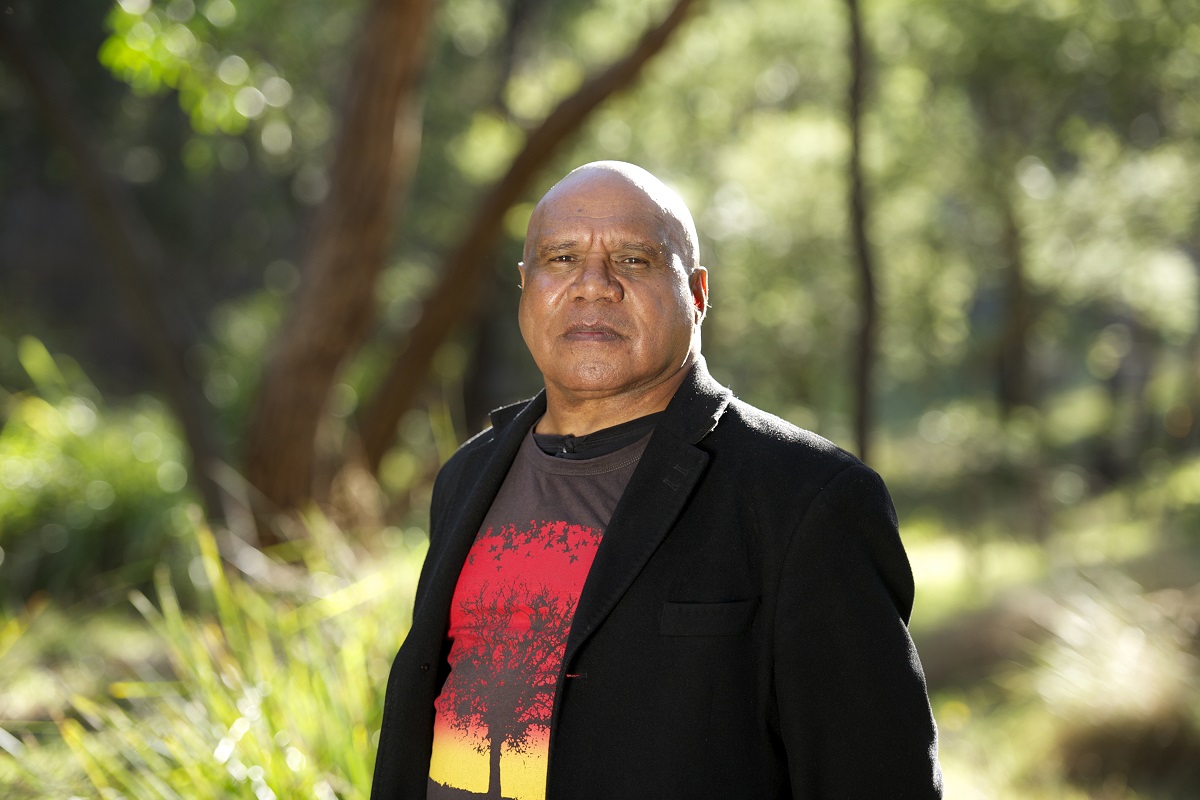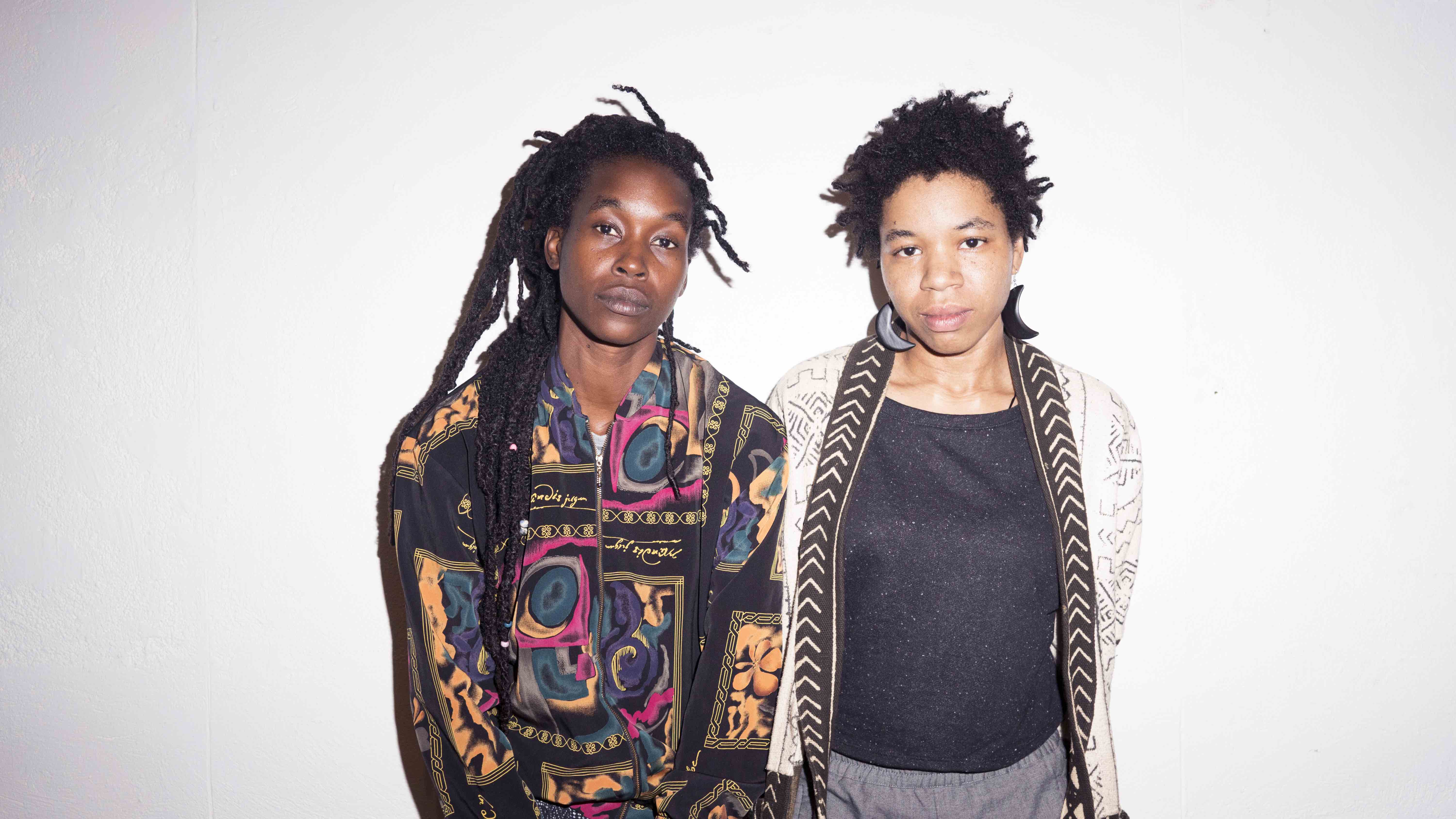With biopics on The Easybeats, INXS and the return of Countdown having lit up our screens in the same few months that Paul Kelly scored his first number one album, more than ever before Australian music is being recognised for its rich history and cultural importance. Having opened its doors at the Arts Centre Melbourne just before Christmas, the Australian Music Vault – an immersive permanent exhibition celebrating the story of contemporary music in this country – reinforces that view.
Created with direct input from leading members of the musical community, including its founding patrons Michael Gudinski, Kylie Minogue, Tina Arena, Ian ‘Molly’ Meldrum and Archie Roach, the AMV both seeks to celebrate the familiar and challenge the expectations of those who attend. “There’s something about Australian music that speaks to you,” Roach says.
“Of country, or people, or where you’re from – your town or suburb – that’s what I love about Australian music. Our music is evolving and has evolved so much. Young musicians today should go along and have a look where it’s actually come from to where it is today. It’s recognising it and the achievements of Australian musicians.”
Containing artefacts from throughout contemporary musical history to the present day, the exhibition has been organised thematically rather than chronologically so as to not only highlight the continuity of local quality but also underline certain ideas.
“It tells a story,” Roach says. “Politically, like how myself and other bands like Yothu Yindi had come into our own and become part of the Australian music scene rather than just being Aboriginal or Indigenous music, just Australian music.
“Uncle Jimmy Little was probably one of the first Aboriginal or Indigenous artists, and back in the day he started singing covers, as a lot of Australian bands did. From things like ‘Royal Telephone’ [1963] and other songs back then, to Messenger [1999], where he covered all those iconic Australian songs. So it’s evolved, it tells a narrative.”
Elements of Roach’s own history are of course present in the current display, sharing a space with Rowland S. Howard’s Fender Jaguar, Kylie’s gold hot pants, Angus Young’s schoolboy costume and Dami Im’s Eurovision outfit. Like many that attended the opening event in December, the exhibition stirred a lot of memories for Roach. “Just to be a patron is a big honour, but to have my own history there, it’s great.
“Along with my manager we gathered what we could and put it in there – a book that we did of Took the Children Away that was like a kids book, and some ARIA awards, maybe a song or two written down on some paper. Took the Children Away, is a children’s book, but the illustrations were done by my late partner Ruby Hunter, so that brought back a lot of memories,” Roach says.
“Just going back and thinking about some of those early days and early songs and how they were just pouring out of a fella, you know? They were just there and you didn’t have to work too hard. It’s a little harder today to get a song happening, but back then they were just there; it was amazing, a very fruitful time.”
The book, of course, takes its title from Roach’s iconic stolen generation anthem, which was released on his debut solo album Charcoal Lane in 1990. The song helped to grow public awareness of the government’s policy of removing Indigenous children from their parents and rehousing them with white families between 1910 and 1970. As the years go by the song’s importance, and that of its singer, have only grown, helping to inspire the next generation of Indigenous artists.
“I suppose [I was] the first to start talking about things that affected me and Aboriginal people and the adverse effectiveness of policies,” Roach says. “You don’t think much about it, but when you go into the archives and have a look you realise you’re a part of this amazing, I don’t want to say industry, but amazing Australian music scene.
“What I love is a young fella Briggs, he did a song called ‘The Children Came Back’, it was kind of like a sequel to ‘Took the Children Away’. He looks to people like myself and others, Uncle Jimmy Little and that, and says ‘These are fellas that laid the foundations that we also stand and build upon as well’. It’s good to get that recognition from him, it’s good a young fella like him has that and recognises that.”
The Shepparton rapper is highly political in his own right, and as one half of hip hop duo A.B. Original has been at the forefront of the Change The Date campaign surrounding Australia Day, most notably with the single ‘January 26’.
“Like anybody else – a lot of other people and not just First Nations Indigenous people – I’d like to see a change so that we can all truly celebrate a day where we come together as one,” Roach says. “One people, one nation, one country, and celebrate that day. We can’t really do that at the moment, because of the history. While it still stands it will always be Australia Day for some, and I suppose a survival day for others.
“I know people are happy with it and are celebrating it and they don’t want to change tradition. I understand all about tradition. But things are changing in this country – just look at the ‘Yes’ vote for same-sex marriage. That was brilliant, a great time for this country and hopefully we’ll be able to one day change the date to where we can all come together as Australians and celebrate a day we can all celebrate together.”







